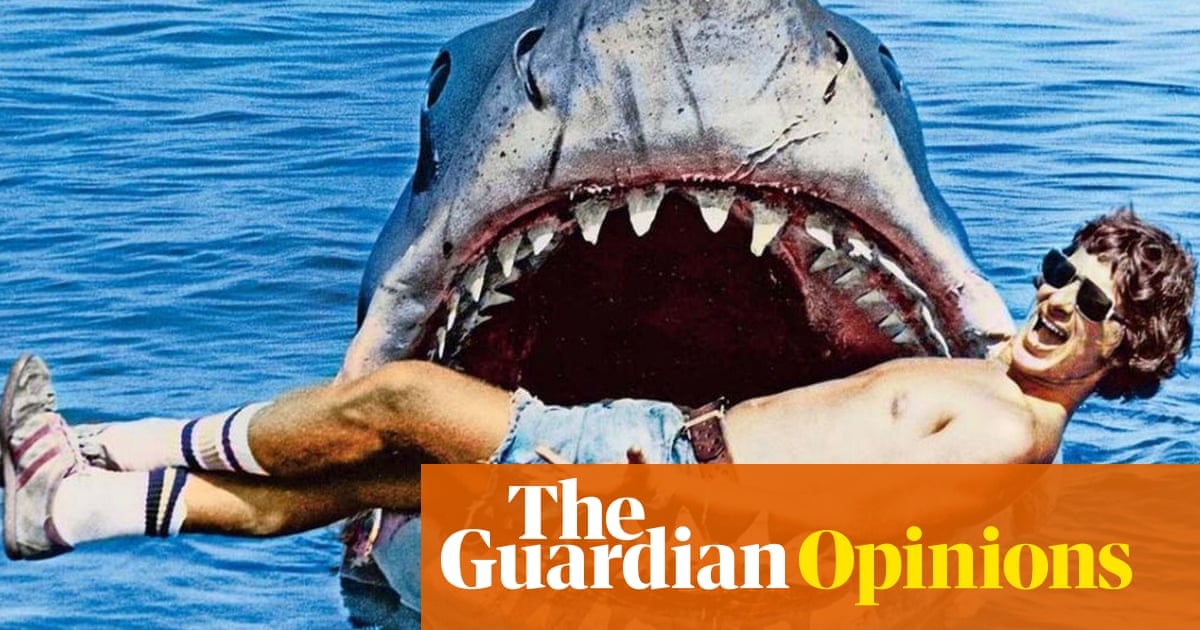If life behaved in the same way as movies, thenThe Fabelmanswould have been Steven Spielberg’s last film. He spent the previous five decades writing the rulebook of modern cinema, and then The Fabelmans was the rare work of art that wrapped everything up with a neat little bow. Part autobiography and part tutorial, it was like the work of a man looking back on his life with a sense of satisfied completion.
But real life doesn’t behave like that, and Spielberg has just announced that he is never going to retire. In fact, he announced it twice. In a speech he gave during a star-studded event unveiling a newSteven SpielbergTheater on the Universal lot last night, the 78-year-old said: “I’m making a lot of movies and I have no plans … ever … to retire.” And then, talking to the Hollywood Reporter afterwards, he added that he has “an appetite for a western which I will someday hopefully do. It’s something that’s eluded me for all of these decades.”
If you have been keeping track of Spielberg’s movements, this will not come as a surprise. Next year should see the release of an as yet untitled sci-fi film starring Emily Blunt and Josh O’Connor, which means The Fabelmans will not even be close to being his final work. And that is undoubtedly a good thing, since if a talent like Spielberg still has the passion and ability to keep making films, the world will be richer for it.
And he isn’t alone in his desire never to stop working. Last month,Tom Cruise declared his intentionto still be making films when he’s 100. Again, this is great – maybe he and Spielberg will even team up and do a Minority Report sequel a decade from now – but it is slightly unusual for them to say it out loud.
Because the expectation is that film-makers won’t retire. Martin Scorsese is 82 and shows no signs of stopping. So is Werner Herzog, and his next improbably titled film, Bucking Fastard, is in post-production. Francis Ford Coppola istouring Megalopolisat the age of 86. And Ridley Scott, 87, has four films in various stages of production including a sci-fi, a western and a Bee Gees biopic. When David Lynch died this year, aged 78, he wasstill tryingto get his Netflix series Unrecorded Night off the ground. If you make films for a living, then everyone wants you to do it until you drop.
This is for a couple of reasons. With age comes wisdom and confidence and perspective, which makes for richer storytelling. Scorsese claims that his film Silence took 30 years to make, for instance, because he was waiting to amass the right amount of experience to give it the proper respect. And The Fabelmans would have been wildly different if Spielberg had made it in his 50s, 40s or 30s.
Furthermore, making a film is a battle. The time between concept and completion is measured in years. The process is such a slog that, when a film-maker dies, the likelihood is that several unrealised movies die with them. Wouldn’t you keep going to the bitter end if you were in their shoes?
In fact, the expectation to continue no matter what is so ingrained that people struggle with the thought of a film-maker retiring. In every interviewQuentin Tarantinohas given for the last decade, he has been asked about his decision to walk away after his next film. And Tarantino is 62. By the time what he says will be his final film comes out, he’ll be pushing 70. In any other industry, that would be prime retirement age. He’d release it, give his last interview, then spend the rest of his life watching daytime TV in his favourite slippers. Yet, because he makes films, people are baffled by the idea of him stopping.
Such is the life of a director. Unless you are a Tarantino-style outlier, retirement isn’t an option. You are destined to keep going, until either you die or the entire film industry dies around you. And really, at this point, it’s a coin toss.
